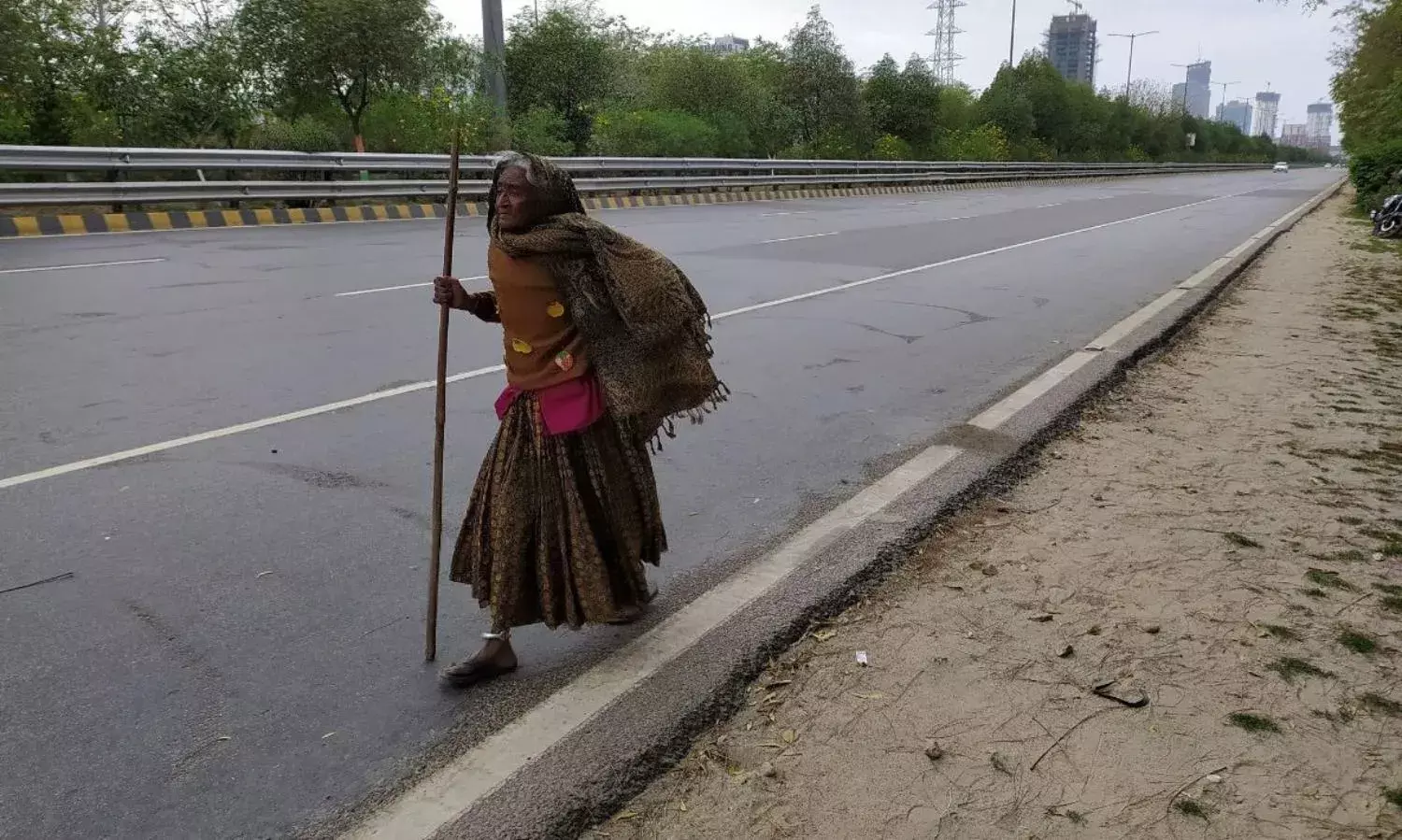Ebola Lessons: How Trust in Government Determines a Crisis Response
In order to build cooperation, trust is necessary

With a dense and contrasting population, the threat of COVID-19 looms large for a developing nation like ours. But before the virus flew into India, people were already occupied with a number of problems that had dug a chasm between citizens and their state. Researchers believe that distrust between people and institutions of state can worsen the situation during an epidemic: an example is what happened in Liberia during its battle with Ebola.
In three studies of Ebola Virus Disease and its prevention in Liberia and surrounding regions, political scientists from Brown University and MIT found a correspondence between trust in government and compliance with its instructions. Individuals who were less trusting of government were less likely to support control policies and less likely to adopt preventive measures.
Here and today, it is plausible that people who are not undertaking adequate preventive measures are doing so in part because of a lack of trust in their local, state or central governments.
The result may be unpleasant if the pattern of this pandemic proves similar to what was observed in the western African nations, where distrust in the government worsened the crisis. As people did not comply with control measures, public hardships intensified, people’s cooperation with official policies decreased, and fewer opted for government-backed health services. Distrust can shatter the effectiveness of crisis abatement policies.
What did the government of Liberia do to counter this? Two measures were employed to regain trust and build cooperation in the affected areas, which lasted in the post-Ebola period as well. First, NGOs and related organisations were deployed as part of outreach programs to let people know about the disease and convince them to adopt preventive measures.
Such NGOs helped in building a positive view of the government as well, by highlighting schemes and demonstrating their transparency. Citizens who participated in these programs ended up using preventive measures much more than those who did not.
Second and the more important, pre-existing community networks were used extensively to ignite awareness. The government asked local intermediaries such as community leaders and residents to involve themselves in outreach programs. Initially, government workers moved about in jeeps and cars with megaphones to spread the word, with unimpressive results. Preventive measures were adopted to a greater extent when members of pre-existing community networks were trained to undertake such programs.
In many cases the outreach was very clearly structured, with communities divided into blocks and individuals assigned to sensitise and monitor the households within their block. These community networks yielded results in the post-Ebola period as well, with people more likely to comply in the face of any other disease.
In the case of COVID-19, social distancing may come in the way of such programs. But community networks can still be employed for outreach and support. People are more likely to obey rules dictated by people of their community whom they trust, rather than random news channels or WhatsApp dross. This includes people who are so distrustful of their governments they may add fuel to the fire.
As the researchers Lily Tsai, Benjamin Morse and Robert Blair conclude in one of the papers, ‘Studies of previous epidemics have also suggested that establishing relationships of trust and confidence with affected communities and involving community and religious leaders and respected individuals are fundamental to a successful response.’
In order to build cooperation, trust is necessary. People dependent on daily wages to ensure food on their plates are the most vulnerable right now. They will face the worst hardship, and if the state fails them again their response may fall into the vicious circle of anatagonism and distrust.
Epidemiologists have warned that hundreds of millions of Indians could get infected if preventive measures are not undertaken effectively. And to persuade people to stay inside their homes, the state will require their cooperation and trust. Much worse may ensue if it fails.



